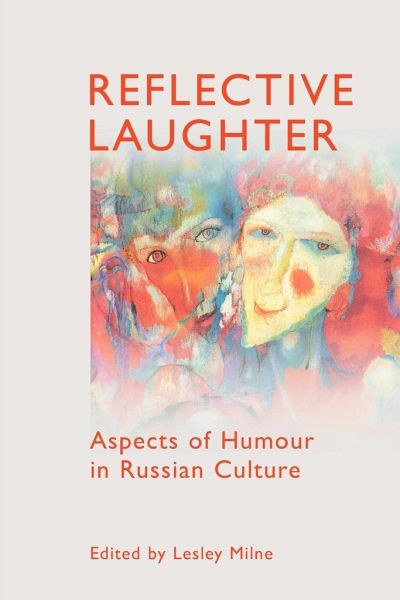
Reflective Laughter
Aspects of Humour in Russian Culture
Herausgeber: Milne, Lesley

PAYBACK Punkte
17 °P sammeln!
A witty overview of humour in Russian culture.

Aspects of Humour in Russian Culture

Rechnungen
Bestellstatus
Retourenschein
Storno